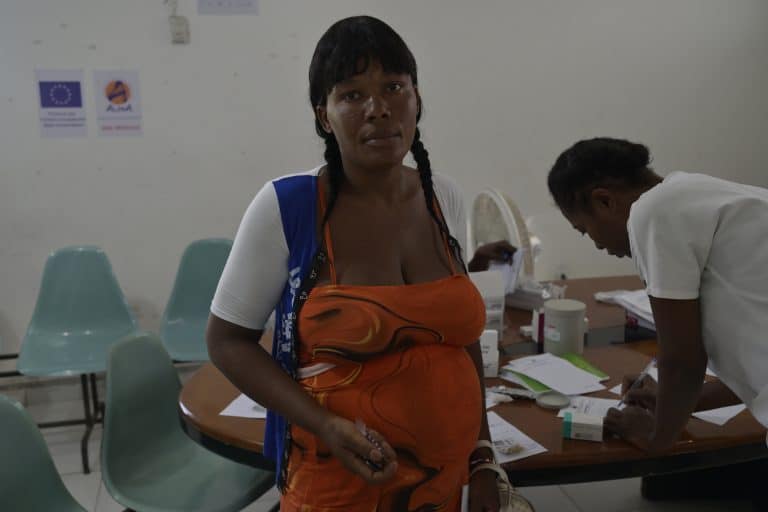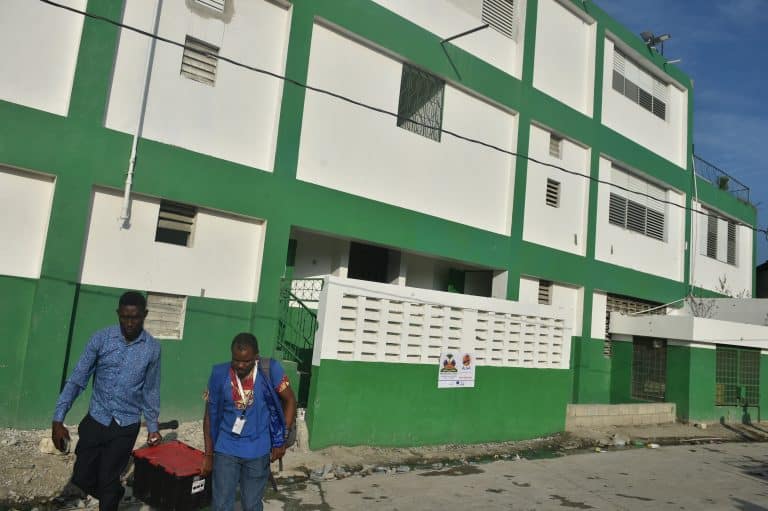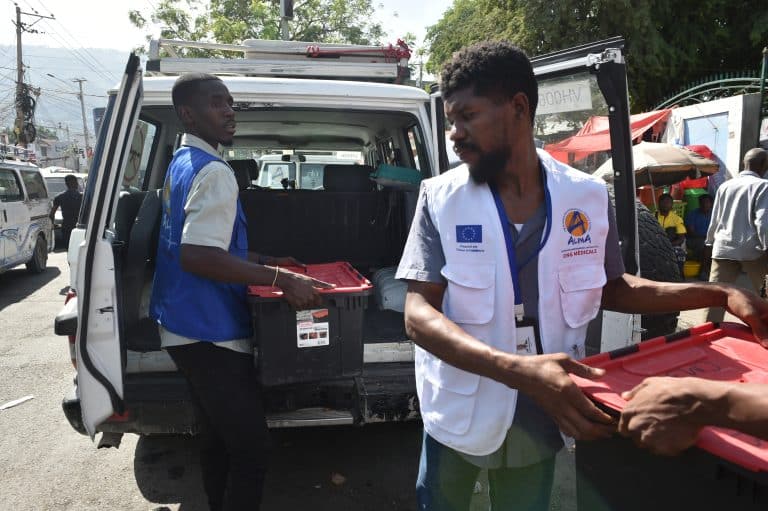Located in the Ségou region, about 350 kilometers northeast of Bamako, the city of Niono has recorded massive displacements of people with limited access to healthcare. In this region, ALIMA and AMCP-SP are deploying a comprehensive response, focused on the needs of displaced people: children under five, adolescents, pregnant and breastfeeding women, the elderly and people living with disabilities. Their intervention is based on several levers:
- Free medical treatments in health facilities
- Three mobile clinics to reach remote villages
- Child malnutrition care across 25 community health centers
- Reinforcement of the Intensive Therapeutic Feeding Centres (ITFCs) of the Commune VI Reference Health Center
Additional measures include expanded maternal care at five community centers and a rapid response in the event of epidemics, natural disasters, or gender-based violence.
Results: over 73,000 medical consultations were provided, nearly two-thirds to displaced people; prenatal health coverage rates exceeded the target (94% of women attended their first prenatal consultations thanks to ALIMA/AMCP-SP); 9,200 children suffering from acute malnutrition were treated.
At the ITFC, every child has a chance to live
At the Niono Referral Health Center, the Intensive Therapeutic Feeding Centre (ITFC) monitors and treats children suffering from severe acute malnutrition with complications. This unit plays a vital role in the fight against child malnutrition, thanks to a trained and committed medical team.
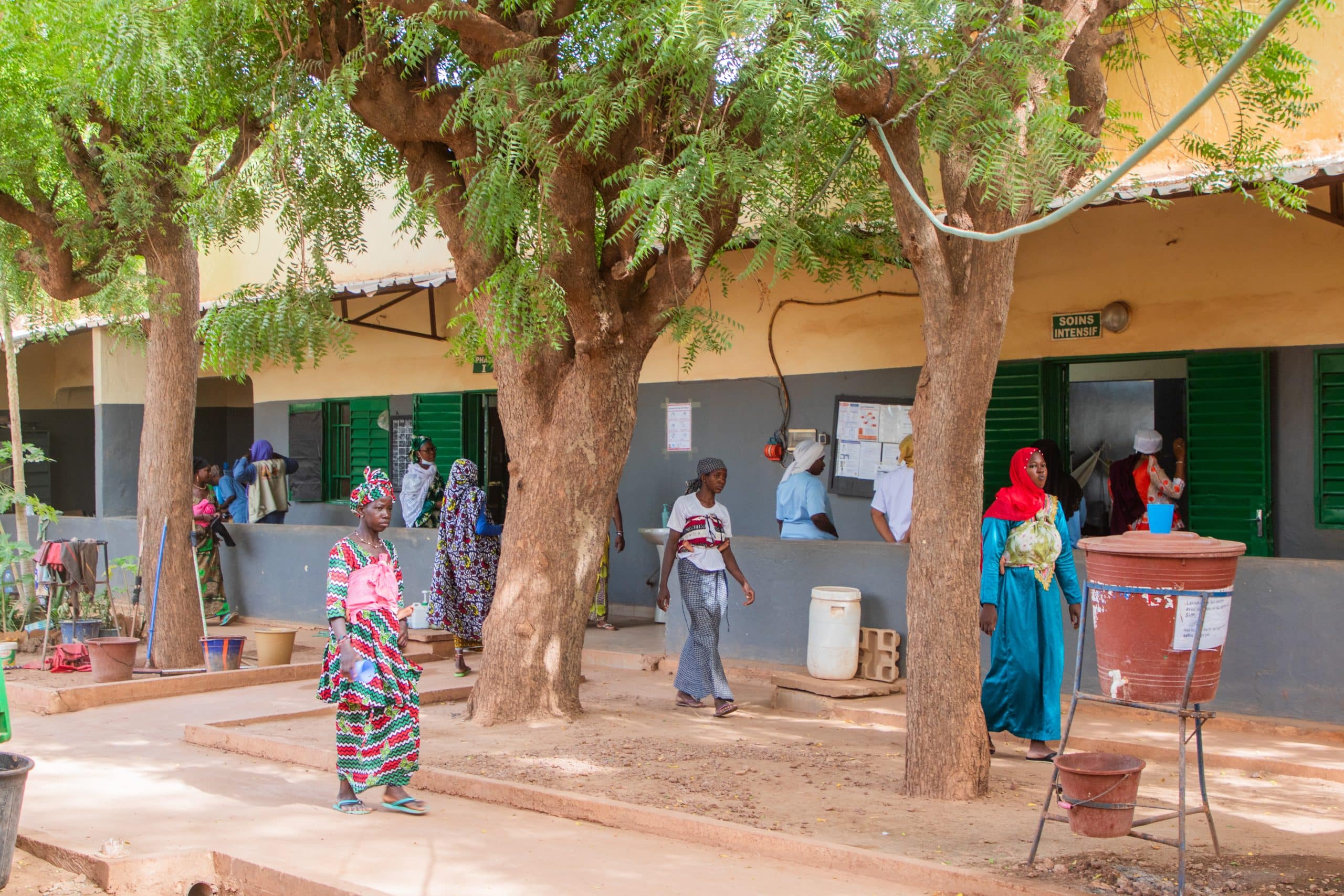
“Without the intervention of ALIMA/AMCP-SP, I could have lost my child. At every step – illness, pregnancy, childbirth, malnutrition – they’ve been by my side. Everything was taken care of. When they told me the care was free, I finally felt like I could breathe again.”
Aminata Sissoko, 28, mother of a child receiving care
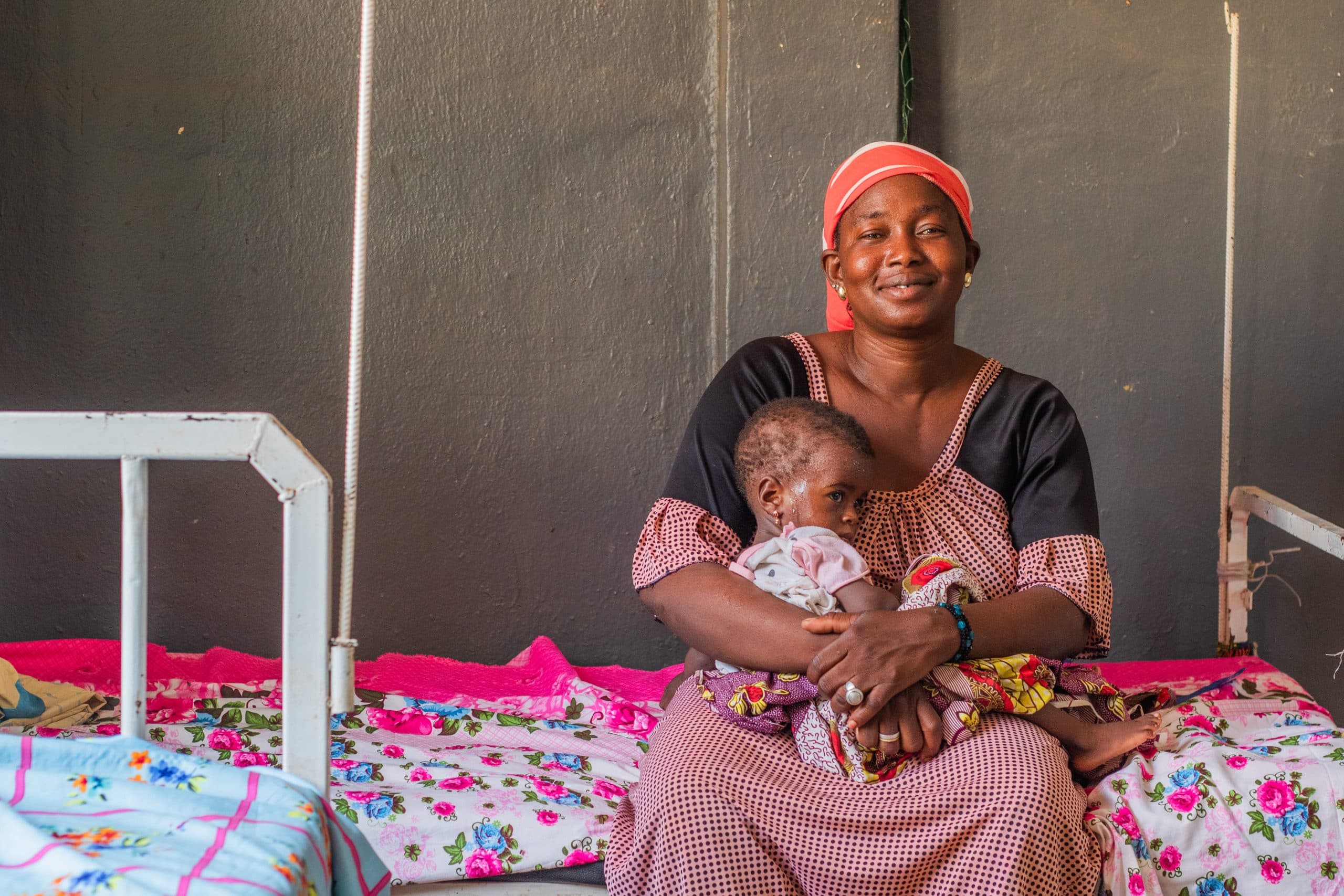
Mobile clinics to reach remote areas
Three mobile clinics travel across remote municipalities, such as Heremakono, delivering health services, as close as possible to the population.
“Thanks to ALIMA/AMCP-SP, I was able to give birth safely. In my village, fewer and fewer women give birth at home. They also better monitor their children’s health, such as vaccination. In addition to medical workers, the ALIMA/AMCP-SP teams also support mental health. I hope that they will be able to expand services to emergencies and ultrasounds.”
Habibatou, 22, patient
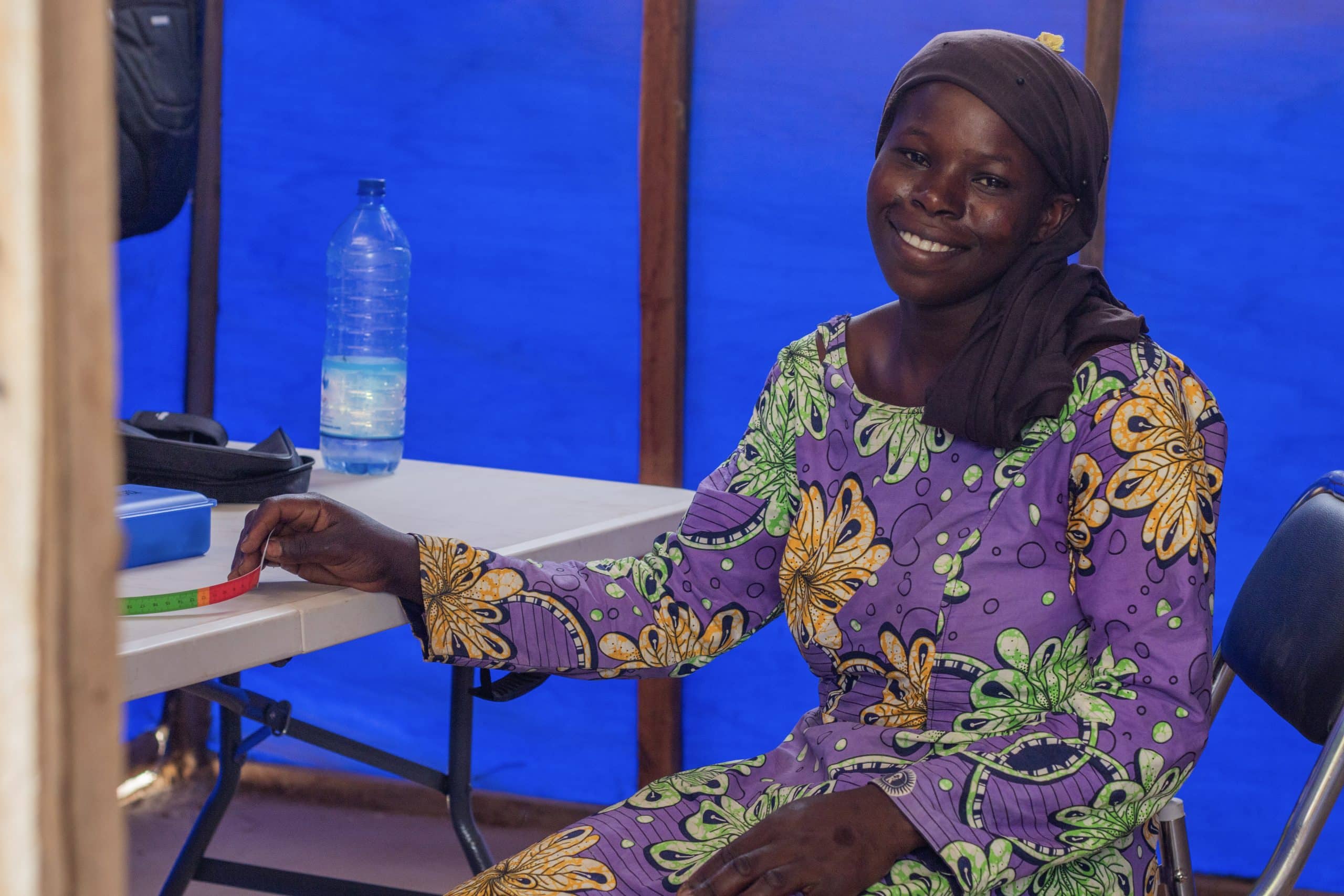
“Among other things, we manage the distribution of medicines, explain how to use them, and ensure follow-up, with nurses and midwives. This role is key to the clinic running smoothly.”
Fatoumata Sidi Diarra, nursing assistant for ALIMA / AMCP-SP.
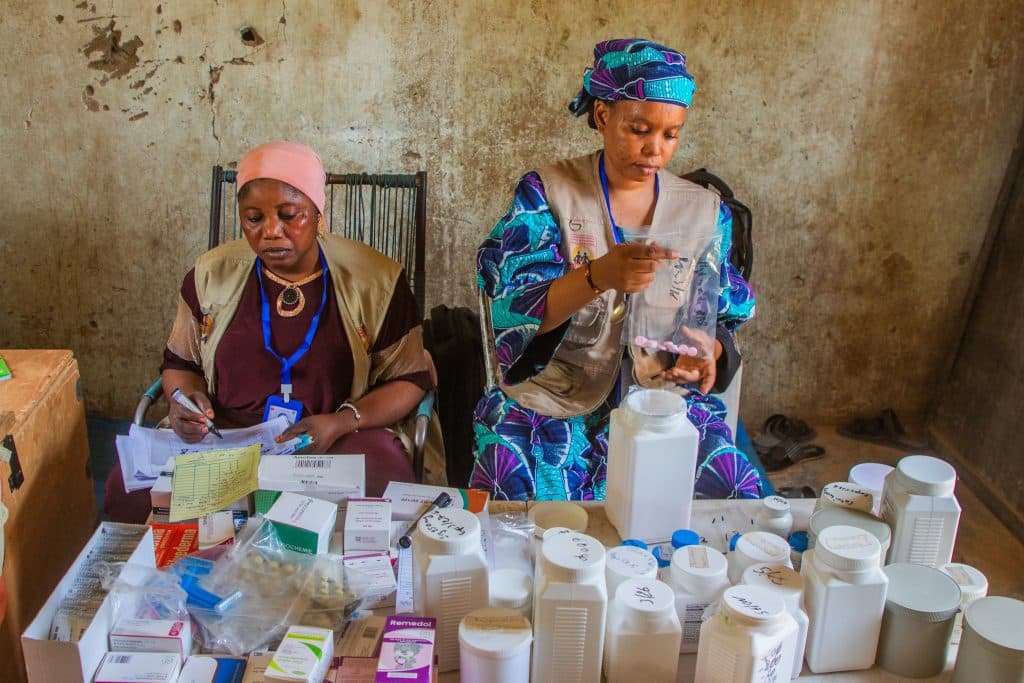
A long-term commitment in Mali
Present in Mali since 2011, ALIMA has been working with AMCP-SP on the following issues: nutrition, women’s health, pediatrics, and response to epidemics and emerging diseases, as well as research and innovation. In 2024, their efforts reached 154,520 people in a context shaped by armed conflict, population displacement, and a severe nutrition crisis.
This project is supported by BHA and the IRC Foundation.
Photos: © John Kalapo / ALIMA
Text: Cora Portais


